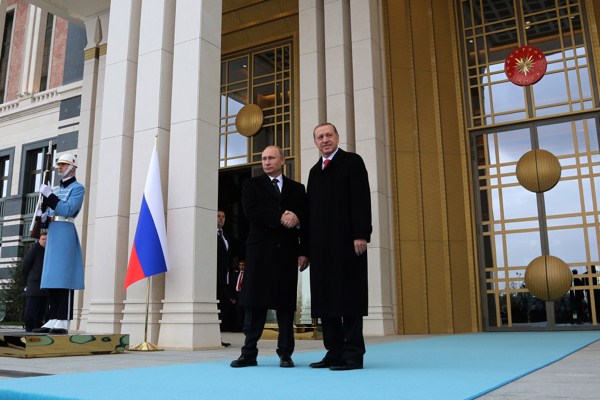On April 14, Turkey broke ground on its first nuclear power plant, a controversial $20 billion project in Akkuyu on the Mediterranean coast. Like Iran’s Bushehr plant, the only operational nuclear power reactor in the Middle East, the reactor at Akkuyu will be constructed by Russia. Moscow’s Middle Eastern sales drive doesn’t end there. It extends to recent nuclear cooperation agreements of varying degrees with Egypt, Jordan, Algeria and Saudi Arabia.
With little notice, Russia is on the verge of becoming the nuclear Wal-Mart of the Middle East. But if across the region Russian nuclear exports come with many advantages, they also raise significant concerns for the international community, including on oversight and regulation.
The only Middle Eastern country where Russia is not leading the pack is the United Arab Emirates, where South Korea, in its first major nuclear export deal in 2009, won a contract to build four nuclear reactors, the first of which is expected to come online in 2017. But Seoul had to offer bargain-basement prices and rely on the political influence of the United States, and especially American nuclear power company Westinghouse, to seal the deal. Although Turkey tapped a French-Japanese partnership for a second nuclear plant at Sinop, and Saudi Arabia has also indicated some interest in working with South Korea and Argentina on smaller-scale reactors, these are the exceptions that prove the rule of Russian dominance in the Middle Eastern nuclear energy market. For these states, Russian nuclear technology is the perfect solution—it is cheaper and faster, and, unlike U.S. and other Western partners, it doesn’t include certain conditions on nonproliferation.

